Alphabet Recognition Math Worksheets for Ages 6-7
5 filtered results
-
From - To
Discover our engaging Alphabet Recognition Math Worksheets designed specifically for children ages 6-7! These interactive worksheets seamlessly blend math skills with alphabet recognition, fostering early literacy and numerical comprehension. Kids enhance their understanding of letters while solving fun math problems that incorporate counting, basic addition, and subtraction. Our colorful, easy-to-understand activities promote hands-on learning, making it ideal for both classroom and home use. With these worksheets, children will build a strong foundation in understanding the alphabet and enhance their excitement for math, paving the way for future academic success. Download today and watch your child thrive with learning!
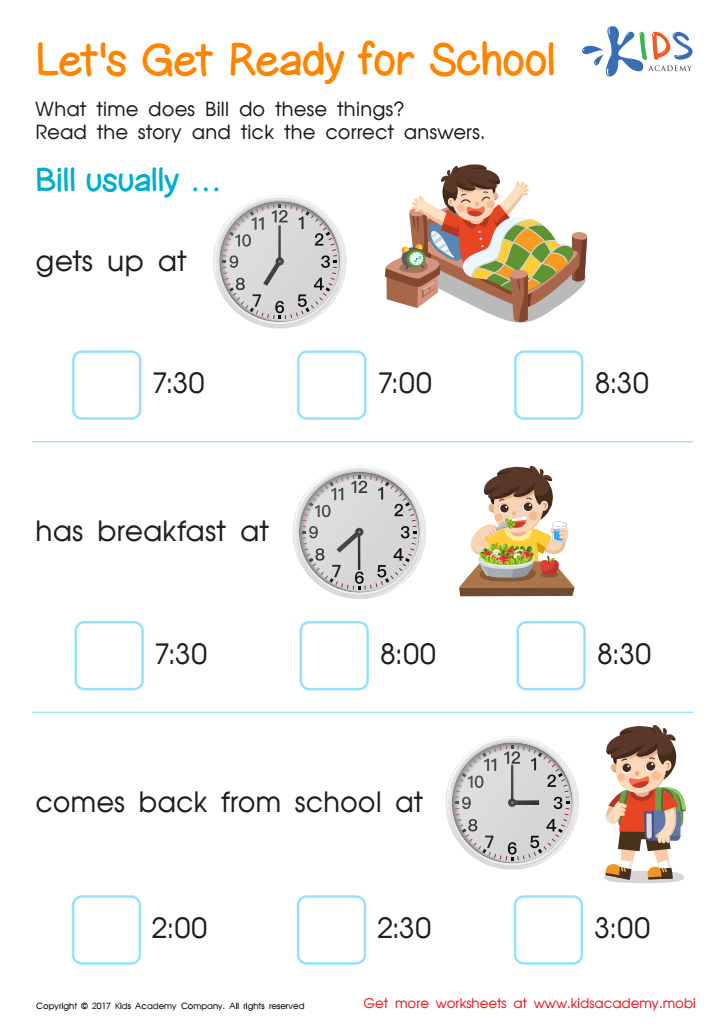

Lets Get Ready For School Time Printable
Alphabet recognition is a foundational skill for young learners, especially for those aged 6 to 7. Parents and teachers should care about it as it plays a crucial role in literacy, language development, and overall academic success. As children begin to read and write, recognizing letters enables them to decode words, ultimately leading to improved comprehension and fluency.
Additionally, alphabet recognition is tied to social and cognitive skills. When children engage with letters and sounds, they develop phonemic awareness, essential for grasping the relationship between letters and their corresponding sounds, paving the way for successful reading and writing experiences.
Furthermore, alphabet skills are intertwined with early math education. Recognizing letters can help children understand mathematical terminology and symbols. For example, when learning about shapes or measurements, familiarity with the accompanying words enhances comprehension. Integrating letter recognition activities into math lessons can promote cross-curricular learning, enriching a child's educational experience.
Incorporating fun activities—like games, songs, and interactive lessons—can foster a positive attitude towards learning. Thus, parents and teachers play a pivotal role in nurturing alphabet recognition skills, as this investment will support children's overall academic journey and confidence in school.


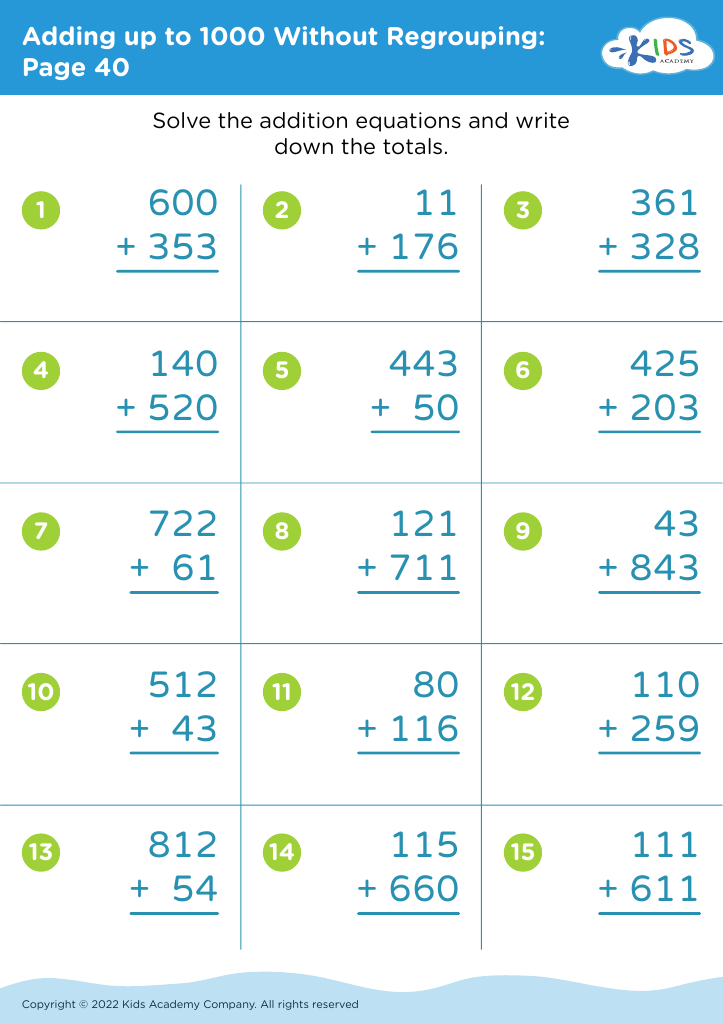
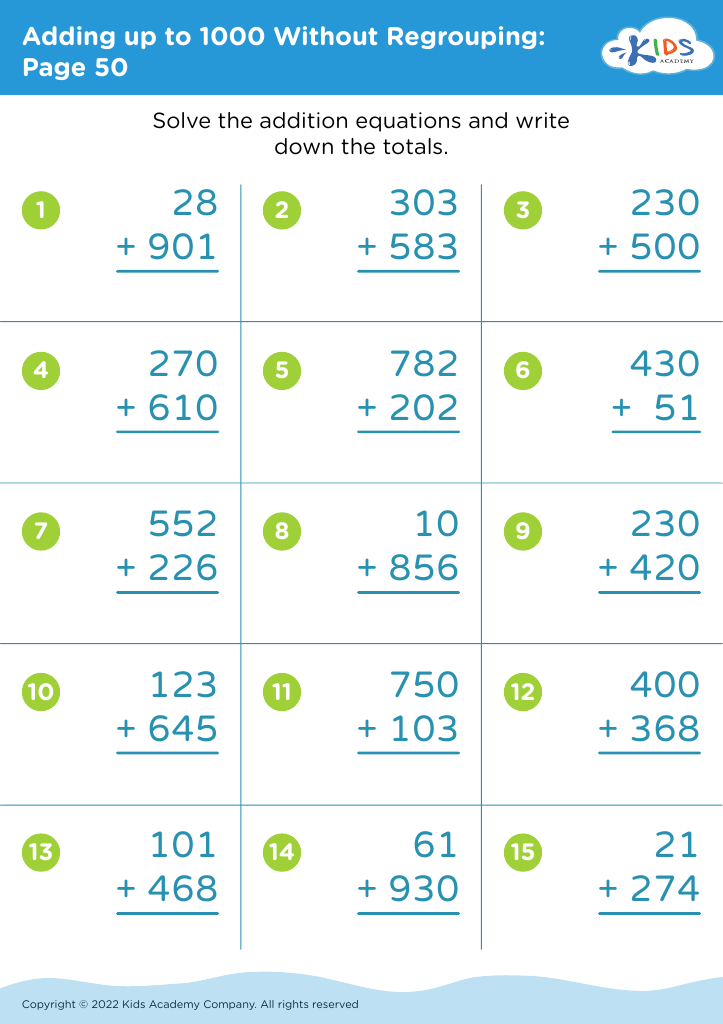
 Assign to My Students
Assign to My Students
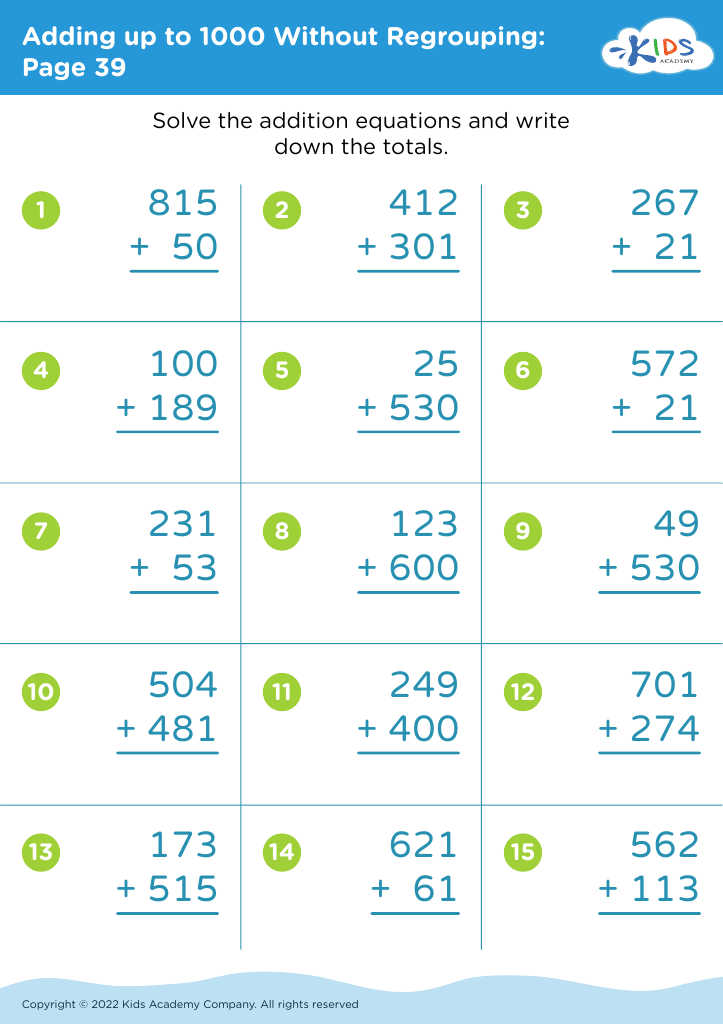



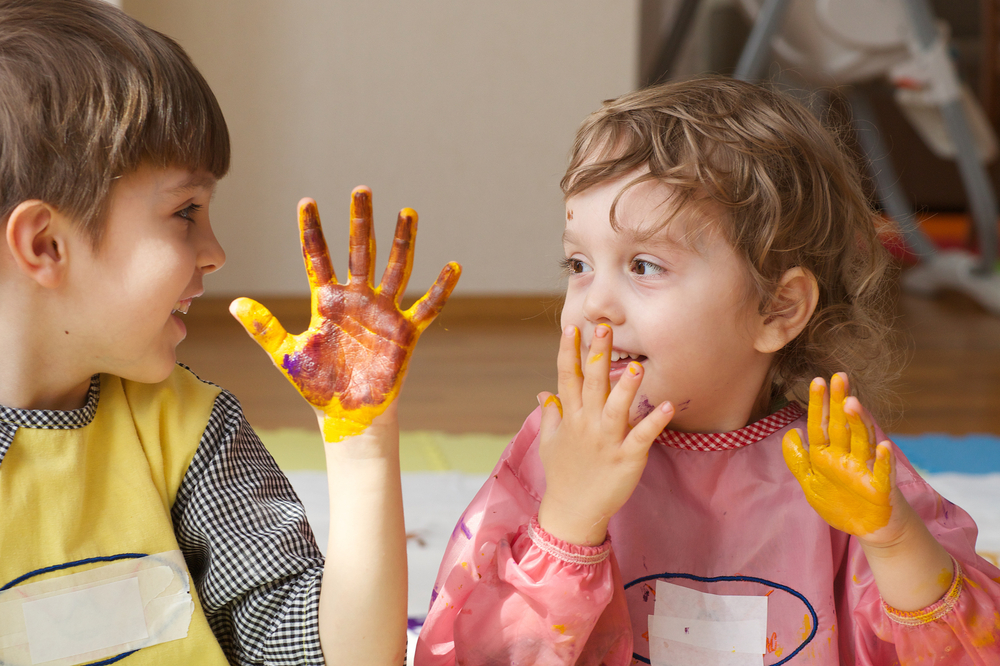




.jpg)










